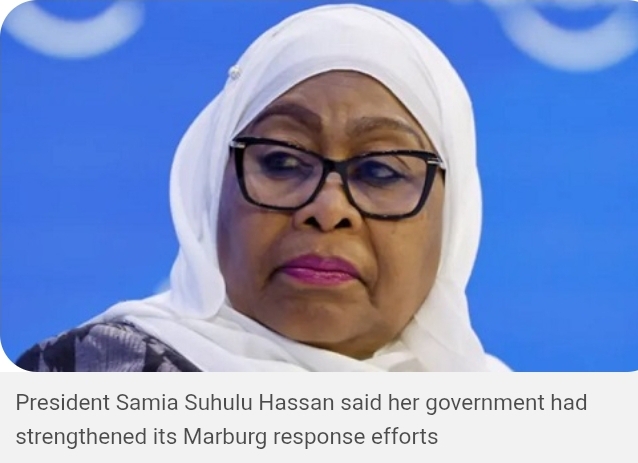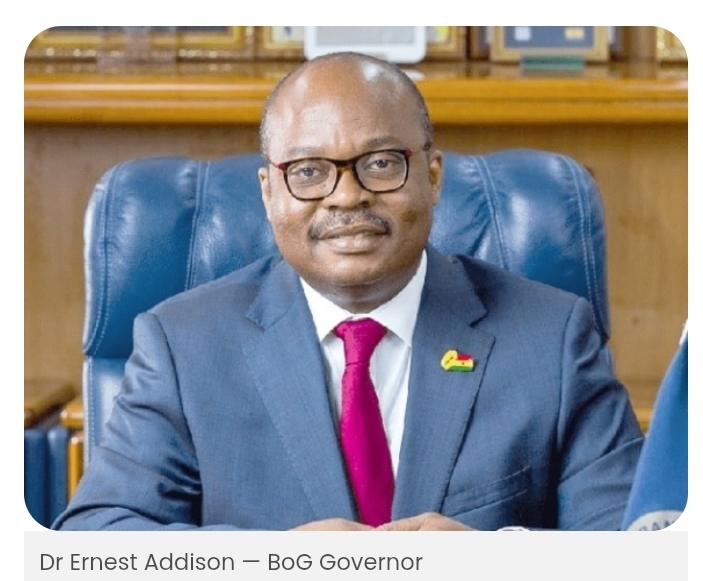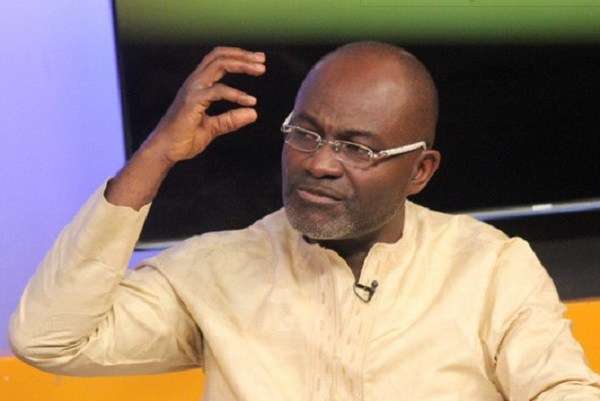Ghana’s rapidly growing population is exerting increasing pressure on the national budget, complicating efforts to achieve meaningful fiscal consolidation.
This is the latest warning from the Institute of Economic Affairs (IEA), which points to the structural demands created by population growth as a major obstacle to expenditure cuts.
From a population of just 6.7 million in 1960, Ghana has surged past 34 million in 2025. This demographic growth has significantly increased the demand for essential public services such as education, healthcare, and infrastructure.
According to the IEA, these expanding needs make it nearly impossible for the government to implement meaningful spending cuts without compromising critical social and economic services.
IEA Board Chairman, Dr. Charles Mensa, argued that the long-term solution lies not in austerity, but in enhancing domestic revenue generation.
“Our expenditure will keep growing, and rightly so. We started with 5 million people during the days of Nkrumah, and today we are over 33 million. We need more roads, hospitals, and schools,” he said. “So when I hear people talk about cutting expenditure, I ask, what exactly should we cut?”
Dr. Mensa emphasized the importance of Ghana taking greater control of its natural resources to boost revenues and reduce dependence on external financing.
“Our best way forward is to own our resources. Until we do that, it will be difficult to generate the kind of revenue needed to meet our growing expenditure.”
While neither the International Monetary Fund (IMF) nor the World Bank has explicitly directed Ghana to slash spending, their programmes such as the IMF’s Extended Credit Facility (ECF), often hinge on strict fiscal discipline. These typically include expenditure optimisation targets aimed at stabilizing the economy and reducing public debt.
In response, the government has taken some initial steps to rein in spending, such as capping the number of ministerial appointments at 60 and curbing non-essential foreign travel. However, the IEA warns that without structural reforms to boost domestic revenue, Ghana’s growing population will continue to strain the country’s fiscal space.











